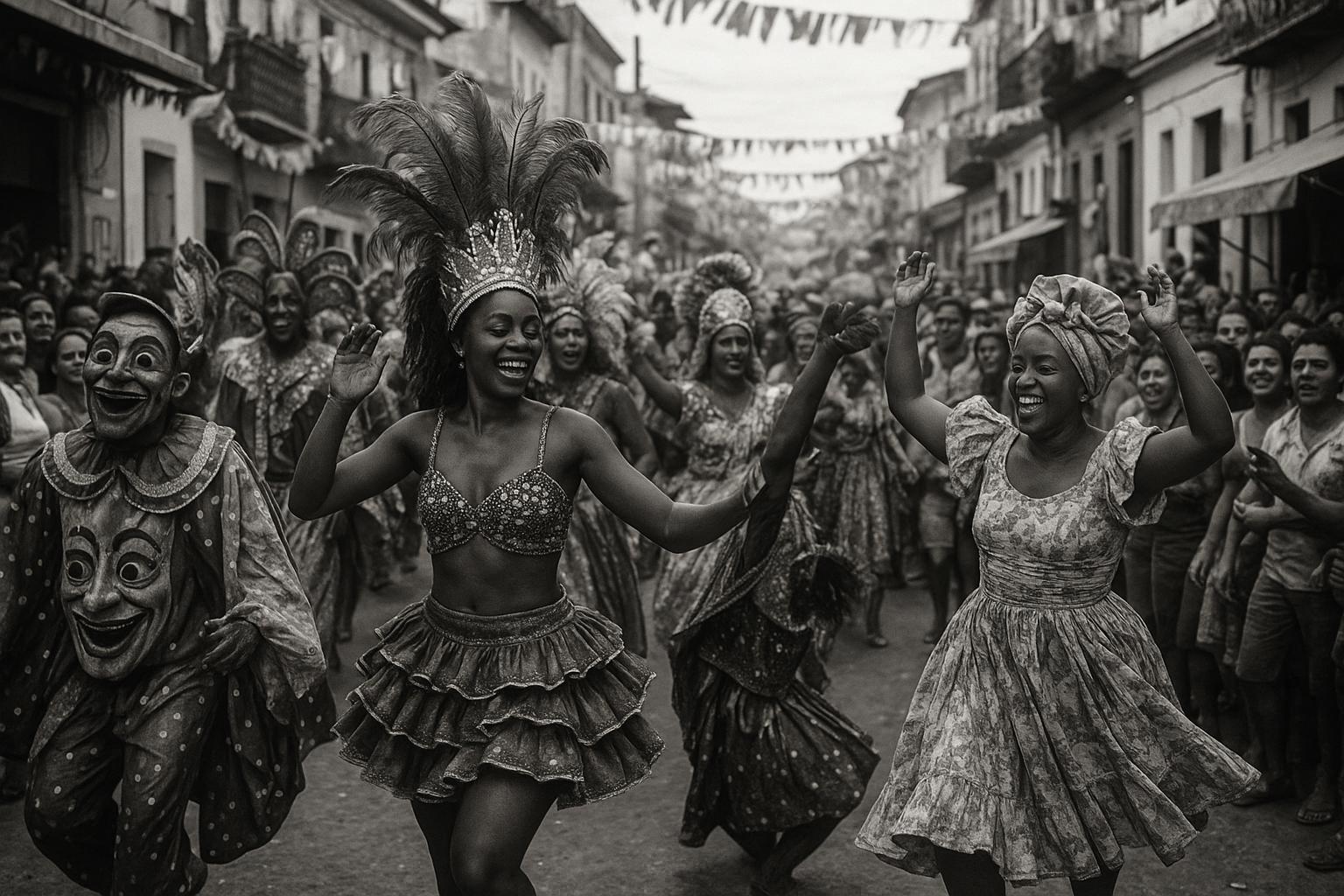Partygoers are gearing up for the final day of the Notting Hill Carnival in West London, a vibrant celebration marking Caribbean culture and history that draws roughly one million attendees each year. Sunday's children's day parade set the scene with colourful costumes, dancing, and music, and the festivities will intensify on Monday with the main parade, maintaining the carnival’s reputation as Europe’s largest street party. Festival chairman Ian Comfort expressed relief that financial hurdles threatening the event's future earlier this year were overcome, while Kensington and Chelsea’s mayor, Tom Bennett, hailed the carnival as one of the world’s greatest street parties, celebrating not only Caribbean culture but also the community’s contributions to the local borough and the UK.
The carnival, which has been running for over five decades, holds deep cultural significance. It originated as a response to racial tensions in the 1950s, including the tragic 1959 murder of Kelso Cochrane, and was shaped by the activism of figures such as Claudia Jones and Rhaune Laslett. The event has since evolved into a vital expression of Caribbean identity and Black British heritage, creating a sense of community and cultural pride that resonates across generations. Despite its importance, the carnival faces ongoing threats from gentrification, funding shortages, and local opposition. A leaked letter in 2025 warned that lack of financial support could put future editions at risk, sparking concern within Caribbean communities who view the carnival as a repository of cultural memory and an essential platform for celebration.
However, the 2024 carnival has also highlighted distinct challenges. The Metropolitan Police reported 140 arrests by Sunday evening—comprising 105 within the carnival area and 35 in surrounding zones—covering offences such as possession of offensive weapons and drugs. Notably, 15 arrests related to assaults on police officers, with one officer hospitalised. The use of live facial recognition (LFR) technology to monitor the approaches to and from the event, along with screening arches employing stop-and-search powers, has been a prominent security measure. The police defend these tactics as crucial for public safety, citing over 1,000 arrests linked to LFR since early 2024 and emphasising a commitment to transparency despite community concerns about this surveillance targeting likely focused on Black and minority ethnic groups.
Street food vendors at the carnival have reported economic pressures linked to rising costs, which some suggest could impact the atmosphere and accessibility of the event. Increases in National Insurance Contributions and soaring prices for poultry—up over 46%—have forced stallholders to reduce staff numbers or change suppliers, with some opting to serve cheaper meat cuts or to withdraw from the event entirely. These financial strains are exacerbated by raised local council fees and heightened security costs, creating a challenging environment for small businesses that play a key role in the festival’s cultural and culinary landscape.
Meanwhile, the policing operation remains a delicate balancing act amid heightened concerns over public safety. Official updates reveal 61 assaults on officers over the event weekend, including several stabbings, with victims sustaining a range of injuries. The police recorded 349 arrests total during the festivities, predominantly linked to weapons possession and drug-related offences. Media coverage has brought attention to 889 reported crimes and 353 arrests, with warnings from senior police officials about the risks of crowd-related incidents, such as a potential 'mass casualty' crush, citing insufficient stewarding staff. Notting Hill Carnival Limited has acknowledged these operational challenges and indicated ongoing collaboration with partners to secure further resources ahead of future events.
As the final hours of the carnival unfold, organisers, vendors, police, and attendees alike confront the complex realities of maintaining a historic cultural celebration in a modern urban setting. While the event continues to offer a joyous showcase of Caribbean heritage, it also underscores wider societal issues—from gentrification and economic pressures to security concerns and surveillance debates—that will shape the future of this iconic festival.
📌 Reference Map:
- Paragraph 1 – [1], [2]
- Paragraph 2 – [2]
- Paragraph 3 – [1], [5]
- Paragraph 4 – [3]
- Paragraph 5 – [4], [6], [7]
Source: Noah Wire Services
